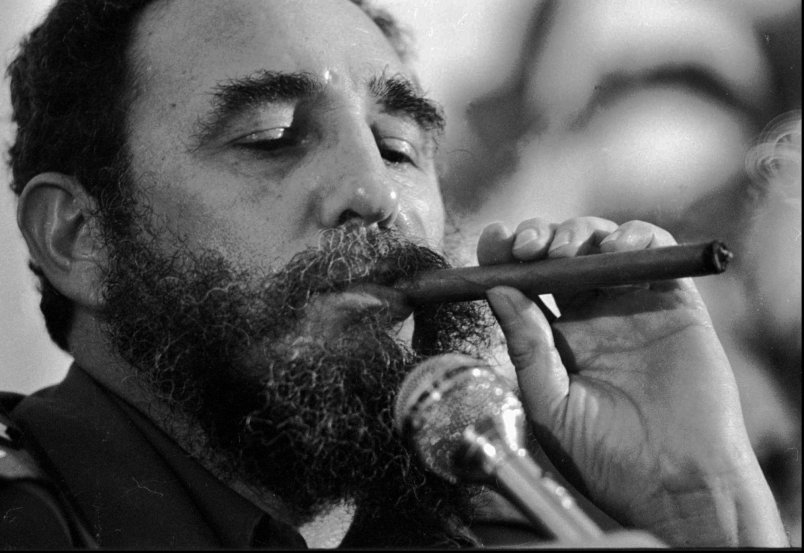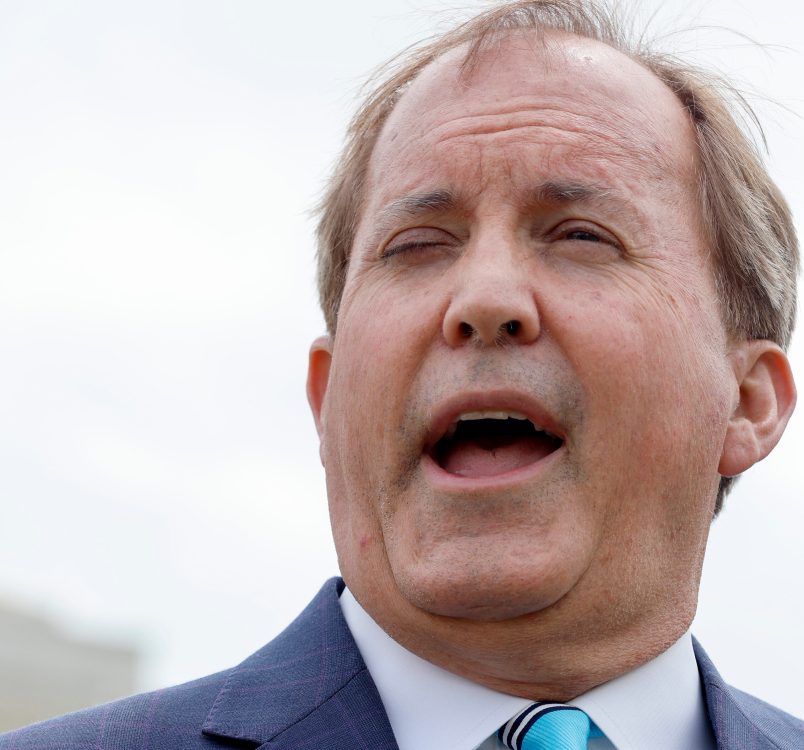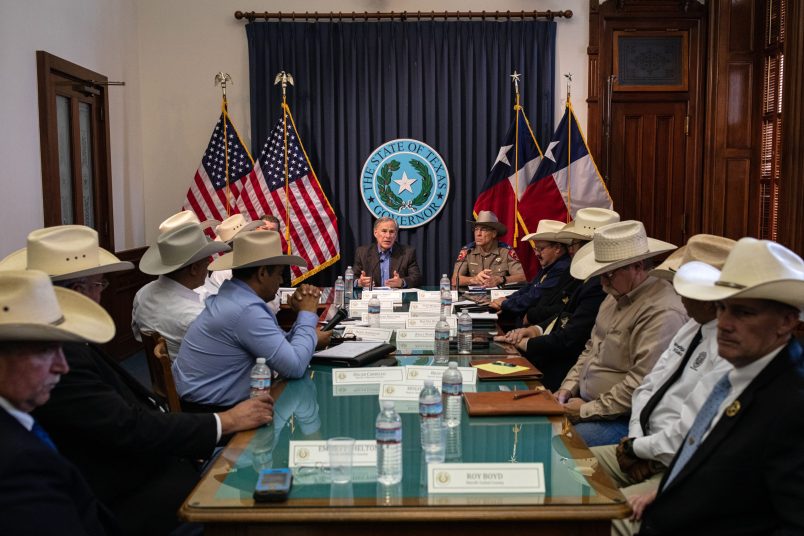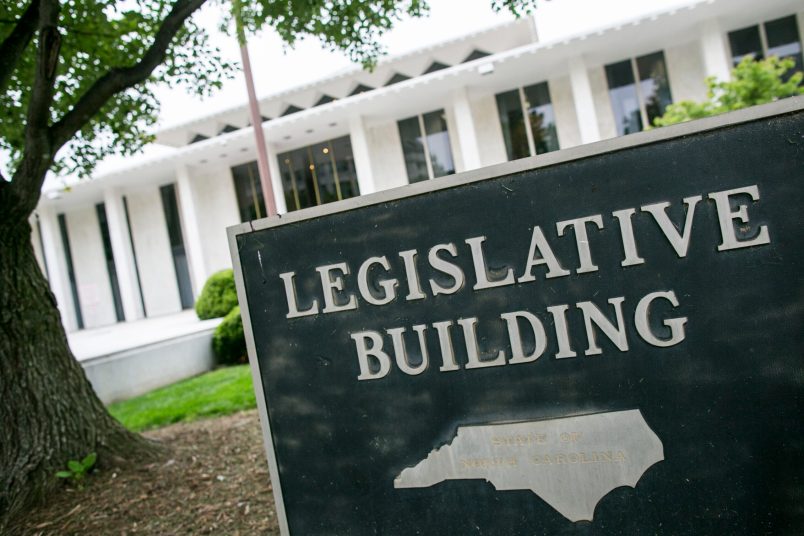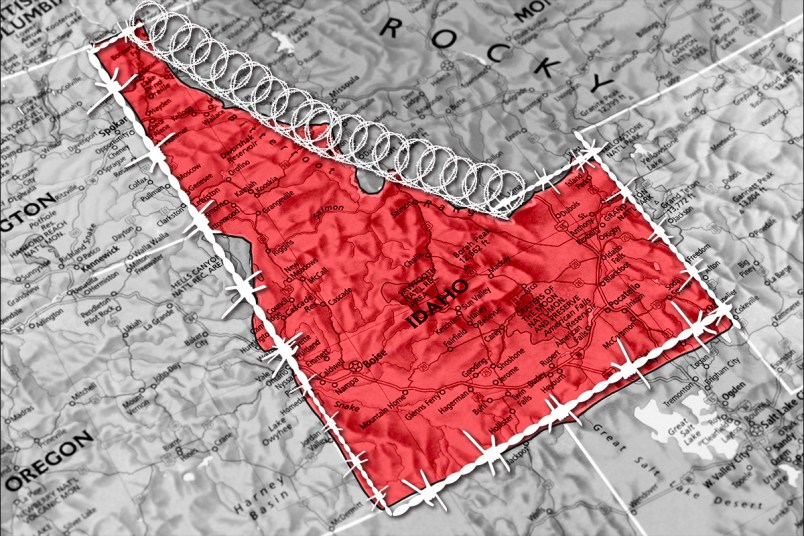The United States and Cuba will begin to normalize their diplomatic relations, President Barack Obama announced Wednesday, reversing a half-century-old formal rift between the two countries.
Here is what you need to know.
More Than 50 Years Of Division
Fidel Castro overthrew Fulgencio Batista in 1959 and less than two years later, relations between the new communist government and the United States were already fraying. Cuban nationalization of U.S.-owned oil refineries in June 1960 was a major breaking point and, on Jan. 3, 1961, the United States ended diplomatic relations and closed its embassy in Havana. The infamous embargo had gone into effect a few months earlier.
Decades of confrontation and mistrust follow. President John F. Kennedy’s failed Bay of Pigs ploy in 1961. The Cuban missile crisis in 1962 was the tensest moment, but the Cuban regime served in many ways as a stand-in for the American rivalry with the Soviet Union. Meanwhile, Cuba suppressed internal dissent and earned its reputation for human rights abuses under Castro.

U.S. President John F. Kennedy, right, confers with his brother Attorney General Robert F. Kennedy at the White House in Washington, D.C., on Oct. 1, 1962 during the buildup of military tensions between the U.S. and the Soviet Union that became Cuban missile crisis later that month. (AP Photo)
What The New Agreement Does
The United States and Cuba will start a normal diplomatic relationship. Senior administration officials said that they hope to open a new embassy as soon as possible. The Obama administration will review Cuba’s current status as a state sponsor of terrorism. More Americans will be given permission to travel to Cuba. Certain goods and services, such as construction materials, can be exported.
At the same time, Cuba is taking several actions itself, such as freeing political prisoners and expanding Internet access.
The Embargo Isn’t Going Away
The big fish, though, the collection of trade and travel restrictions known as the Cuban embargo, cannot be reversed without congressional action. Undoing the state-terrorism designation would be a start, but a full lift of the embargo would have to clear Congress. The Obama administration said it doesn’t expect such action any time soon, and the most vocal members so far aren’t in favor.

Marco Rubio (And Others) Aren’t Happy
Sen. Marco Rubio (R-FL), a Cuban-American who has been outspoken on the issue for years, has issued a blistering critique of President Obama’s plan. “At a minimum, I would say this. Barack Obama is the worst negotiator that we’ve had as President since at least Jimmy Carter,” he said, “and maybe in the history of this country.”
He isn’t alone. Other congressional leaders, including House Speaker John Boehner (R-OH), have blasted the policy change as a “mindless concession to a dictatorship that brutalizes its people and schemes with our enemies.”
Are Cuban Cigars Legal Now?
Not that it has really been stopping anybody, but Americans will be able to lawfully import as much as $100 worth of Cuban tobacco and alcohol products for personal use.


